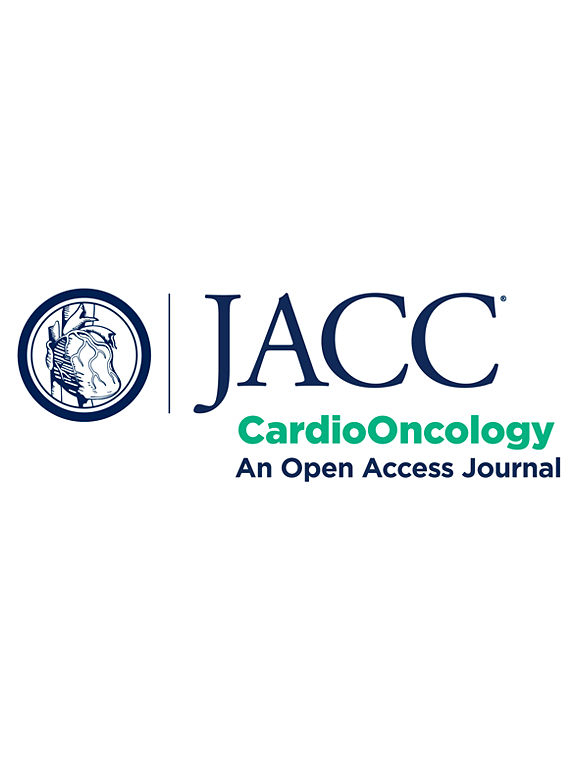癌症和心血管疾病
IF 12.8
1区 医学
Q1 CARDIAC & CARDIOVASCULAR SYSTEMS
引用次数: 0
摘要
癌症和心血管疾病(CVD)仍然是世界范围内发病率和死亡率的主要原因,新出现的证据突出了它们复杂的双向相互作用。共同的危险因素,包括衰老、全身性炎症、代谢失调和生活方式行为,可以促进它们的共同发生,而潜在的生物学机制,如氧化应激、慢性炎症和克隆造血,进一步加强了它们之间的联系。这些机制驱动病理生理变化,促进疾病进展,增加对这两种情况的易感性。本文综述了癌症和心血管疾病之间的流行病学、重叠的生物学途径和危险因素,强调了表观遗传修饰、免疫系统失调和细胞衰老等关键机制。未来的研究应旨在确定生物标志物,完善风险模型,并制定有针对性的策略,以减轻疾病负担和改善预后。本文章由计算机程序翻译,如有差异,请以英文原文为准。
Cancer and Cardiovascular Disease
Cancer and cardiovascular disease (CVD) remain the leading causes of morbidity and mortality worldwide, with emerging evidence highlighting their complex and bidirectional interplay. Shared risk factors, including aging, systemic inflammation, metabolic dysregulation, and lifestyle behaviors, can contribute to their co-occurrence while underlying biological mechanisms such as oxidative stress, chronic inflammation, and clonal hematopoiesis further reinforce their connection. These mechanisms drive pathophysiological changes contributing to disease progression, increasing susceptibility to both conditions. This review explores the epidemiology, overlapping biological pathways, and risk factors linking cancer and CVD, emphasizing key mechanisms such as epigenetic modifications, immune system dysregulation, and cellular senescence. Future research should aim to identify biomarkers, refine risk models, and develop targeted strategies to mitigate disease burden and improve outcomes.
求助全文
通过发布文献求助,成功后即可免费获取论文全文。
去求助
来源期刊

Jacc: Cardiooncology
Multiple-
CiteScore
12.50
自引率
6.30%
发文量
106
期刊介绍:
JACC: CardioOncology is a specialized journal that belongs to the esteemed Journal of the American College of Cardiology (JACC) family. Its purpose is to enhance cardiovascular care for cancer patients by publishing high-quality, innovative scientific research and sharing evidence-based knowledge.
The journal aims to revolutionize the field of cardio-oncology and actively involve and educate professionals in both cardiovascular and oncology fields. It covers a wide range of topics including pre-clinical, translational, and clinical research, as well as best practices in cardio-oncology. Key areas of focus include understanding disease mechanisms, utilizing in vitro and in vivo models, exploring novel and traditional therapeutics (across Phase I-IV trials), studying epidemiology, employing precision medicine, and investigating primary and secondary prevention.
Amyloidosis, cardiovascular risk factors, heart failure, and vascular disease are some examples of the disease states that are of particular interest to the journal. However, it welcomes research on other relevant conditions as well.
 求助内容:
求助内容: 应助结果提醒方式:
应助结果提醒方式:


